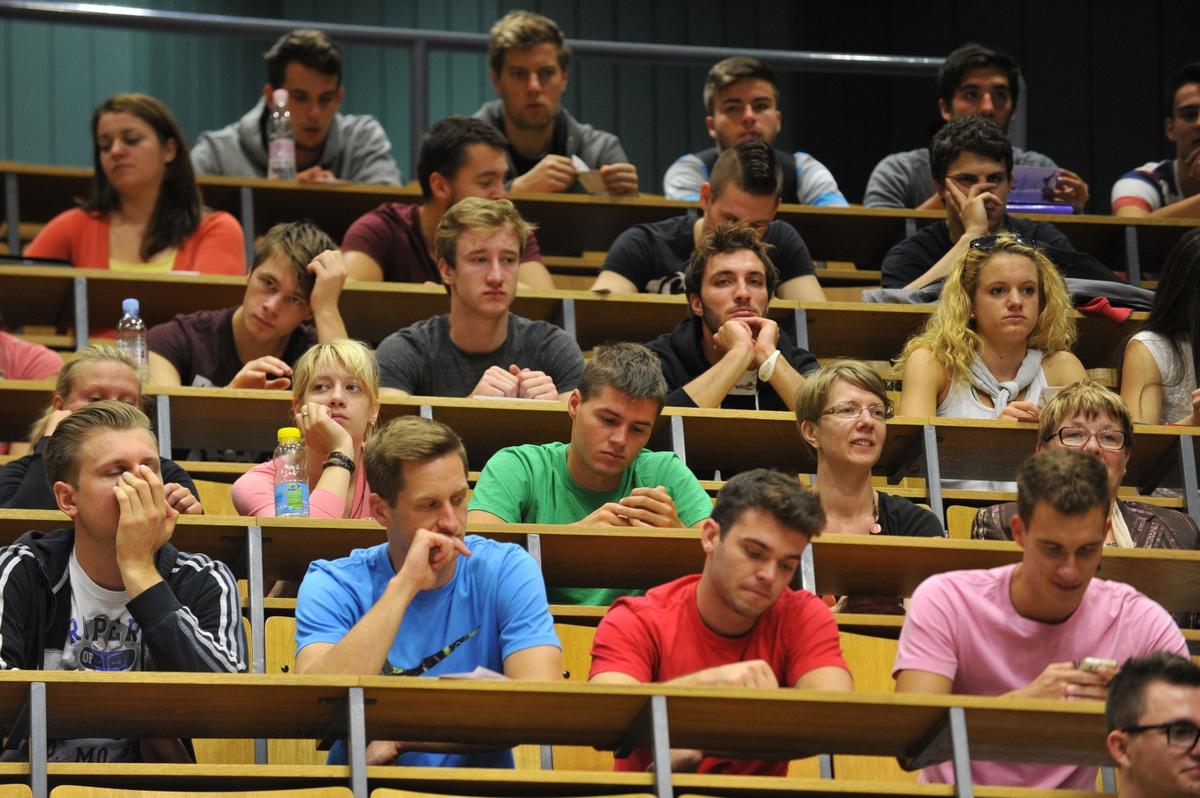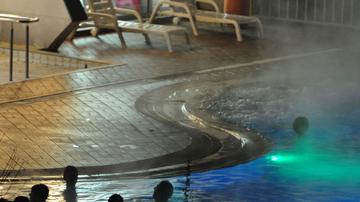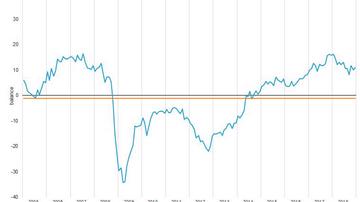
Education and training at all ages
The fact that people are in education and training at all ages is important and useful both for the individuals as well as for the society. To the individual it gives an added value both in the business and private environments and to the society it enables more rapid progress, since the society can develop faster and adjust better to the rapidly changing global situation.
This year, too, the Slovenian Institute for Adult Education is organising in cooperation with hundreds of institutions, groups and individuals the project called the Slovenian Lifelong Learning Week , which promotes through numerous events learning at all ages and for all roles that people take over in their lives. The Lifelong Learning Week is celebrated for the 22nd time and its official dates are 12 to 21 May 2017.
As regards lifelong learning, Slovenia is above the European average
According to the latest Eurostat data (for 2016), 11.6% of adults aged 25–64 in Slovenia were participating in any form of education and training, which is 0.8 percentage points more than the European average. Participation was higher among women (13.2%) than among men (10.2%). However, compared to 2010 the situation in Slovenia deteriorated; in 2010, 16.4% of adults aged 25–64 participated in education and training. In 2016 the highest share was recorded in Switzerland (32.9%), followed by Sweden (29.6%), Denmark (27.7%), Finland (26.4%) and Iceland (24.7%), and the lowest in Romania (1.2%), followed by Bulgaria (2.2%), Slovakia (2,9%), Republic of Macedonia (2,9%) and Croatia (3.0%).
The main factors in participating in lifelong learning are the person’s age and level of education
Two of the most important factors regarding the participation in any form of education and training are the person’s age and level of education. The latest Eurostat data for 2011 show that both in Slovenia and the European Union the share of adults aged 25–34 participating in education and training is almost twice as high as the share of adults aged 55–64, and that as regards the level of education most people participating in education and training had tertiary education and the fewest had basic education.
Obstacles in participating in lifelong learning
The greatest obstacle in participating in lifelong learning is people’s opinion that they do not need it. In 2011, 50% of people in the European Union and 61.8% of people in Slovenia were of the opinion that they do not need lifelong learning. Other common reasons for not participating were lack of time due to family responsibilities (EU: 20.9%, Slovenia: 16.1%), conflict with work schedule (EU: 18%, Slovenia: 13%) and costs of education and training (EU: 13.2%, Slovenia: 12.6%).
Providers of non-formal education and training
In 2011 the largest providers of non-formal education and training in the European Union were employers (32.0%) and in Slovenia institutions providing non-formal education and training (45.7%). The least common providers of non-formal education and training both in the EU (5.1%) and in Slovenia (1.7%) were individuals.

































































